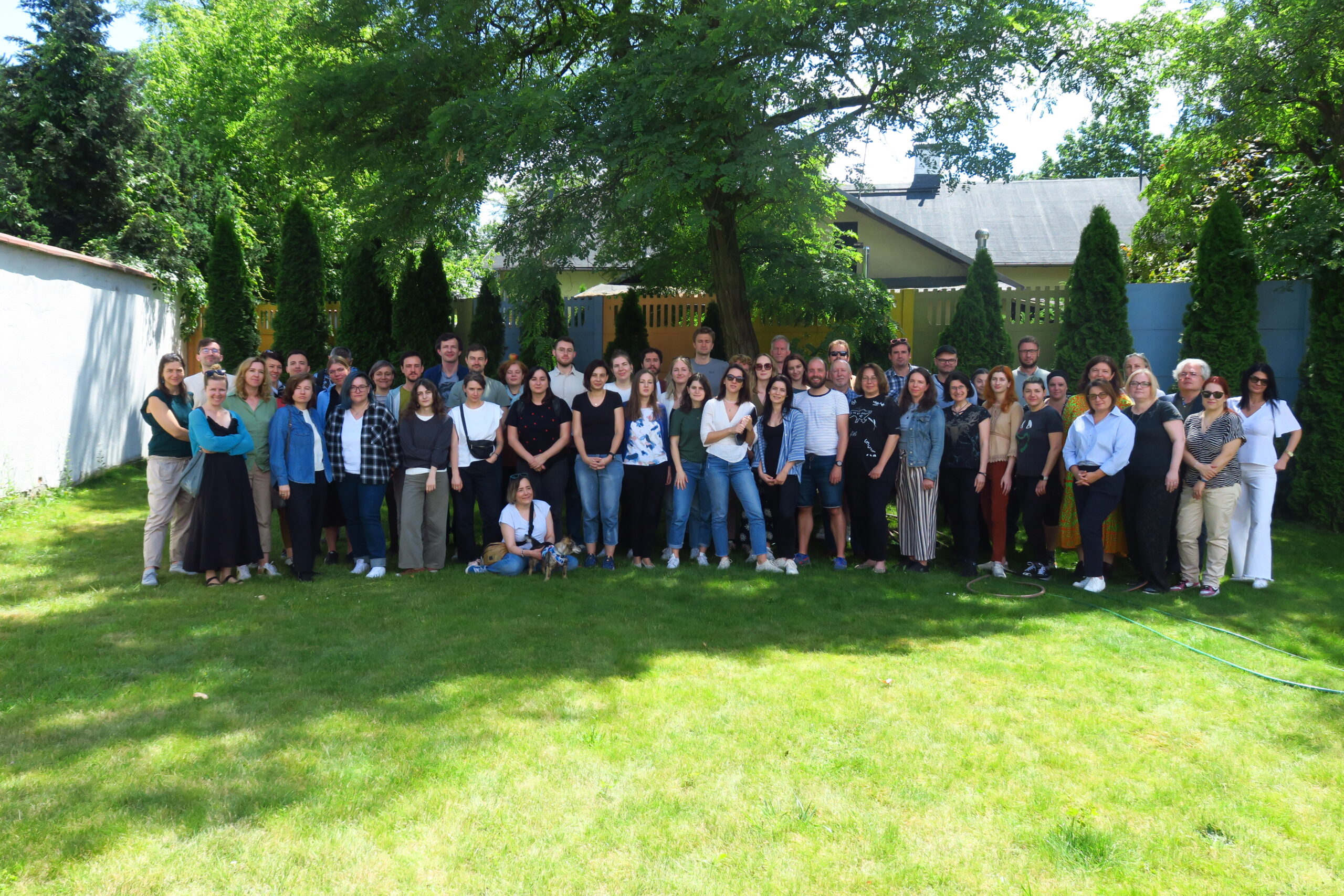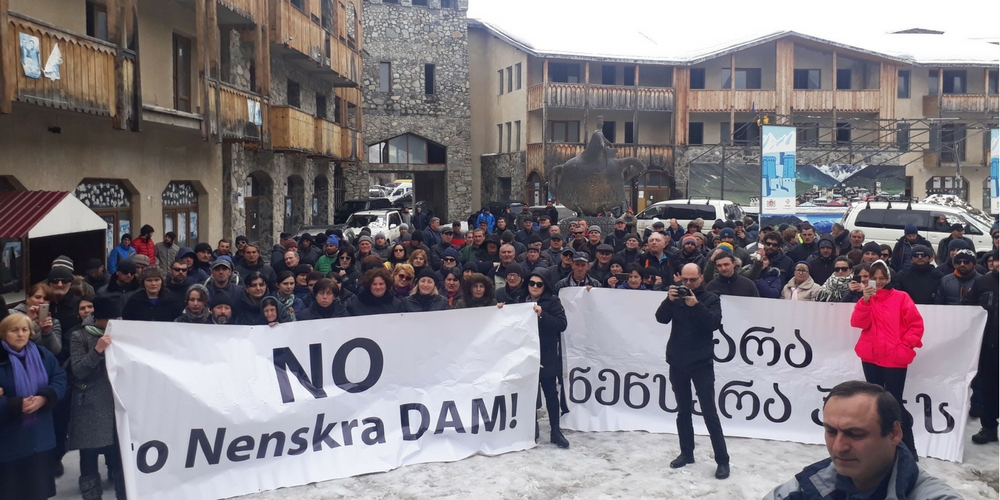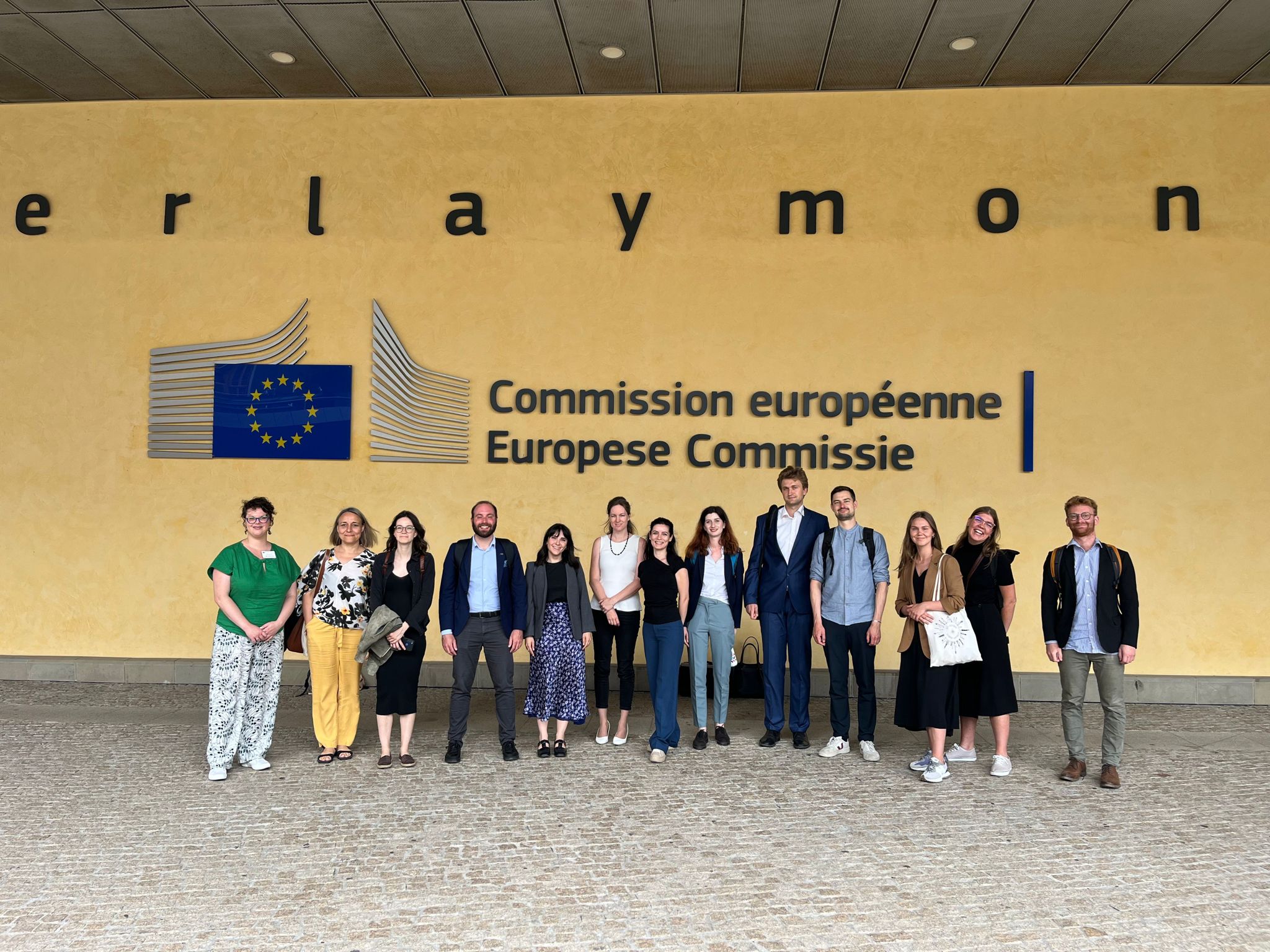
So far this year, Bankwatch has been actively challenging decisions that overlook environmental safeguards, as seen in our request for a review of the European Commission’s approval of the Western Balkans Reform Agendas’ support of fossil-gas projects.
We have also been advocating for stronger environmental policies and funding, such as pushing for enhanced EU biodiversity funding and providing recommendations for national social climate plans to ensure a more just transition.
As the year progresses, we will continue our crucial work in monitoring the impacts of development projects and advocating for accountability. This includes raising concerns about the environmental risks of forest biomass in the Western Balkans and large-scale agribusiness in Ukraine, as well as promoting effective grievance mechanisms at international financial institutions, particularly at the EBRD and EIB.
Watch this space!




